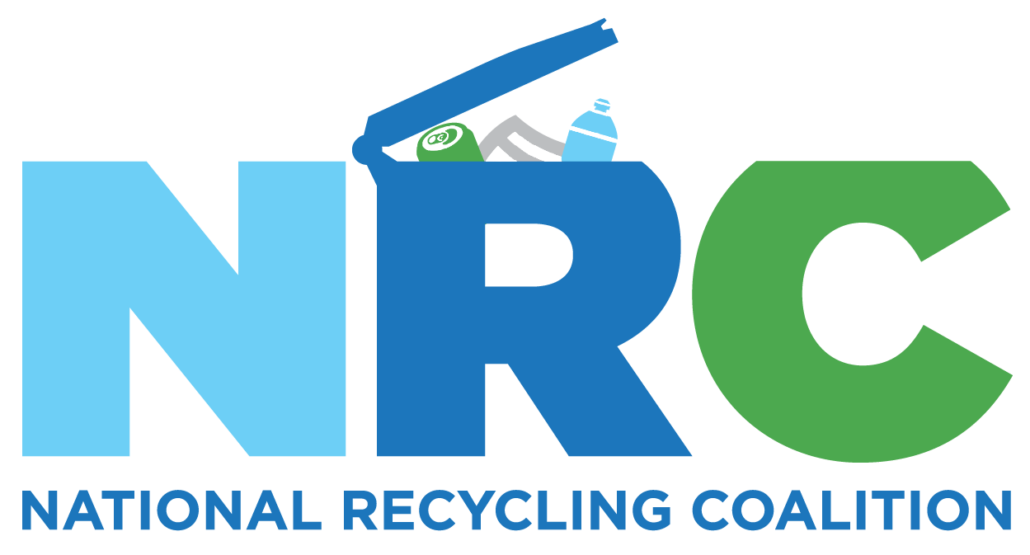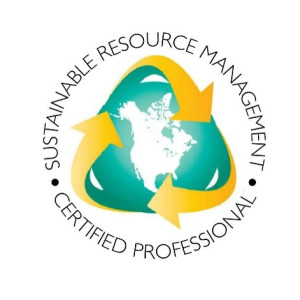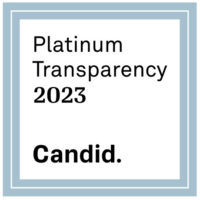National Recycling Coalition Professional Certification Program
The mission of the National Standards Certification Board is to support the maintenance of high standards for Sustainable Resource Management professionals by facilitating the development of state/or regional certification programs, and developing and maintaining a national accreditation of such certification programs.
NRC and the NSCB are here to assist you to develop a program that is right for you, with funding support, mentorship, and application process guidance. For more information, please contact: [email protected]
Why A National Certification in Sustainable Resource Management for Recycling Professionals Is Important
As environmentally sound waste and resource management systems and programs become a higher priority for local governments, businesses and institutions, a well-trained pool of Certified Professionals becomes even more important. Within the professional training program, learning outcomes, concepts of recycling, source reduction, reuse and sustainable material management are all covered. Certification is a means to identify qualified professionals committed to personal excellence and achievement of skills, knowledge, and a demonstrated broad understanding of these issues. The professional status of certification can be displayed as a visual tool of professional designation on resumes, business cards, correspondence, research, reports, and other printed or published materials.
This accreditation program for certification has been designed to ensure effectiveness, credibility, and consistency from one state to another. Once certified by an accredited program, a professional shall possess the same level of knowledge and competence throughout the country.
This program is designed to support convenient, affordable professional training programs that address the national standards while also incorporating unique state, regional and provincial concerns and regulations.
Value of the Certification Program To Your Entity
- Supports the mission of our organizations
- Additional member benefit
- Provides consistent and ongoing training and credibility to professionals in the field
- Promotes enduring partnerships and collaborations
- Raises level of expertise in sector
- Complement to existing conferences and trainings
- Recurring revenue source
- Develops new environmental and organizational leaders
- Drives membership to entity (provide discounted pricing to attend to members of organization)
- Recertification requirements drive students to other trainings
- Creates a larger audience for advocacy
How Other Accredited States Created Programs
California
- Accredited Program Host: GreenEducation US
- Certifying Partner: San Jose State University (3.0 Continuing Education Units)
- Courses Offered: Online certificate program consisting of: Sixteen (16) online self-paced courses totaling 30 hours of learning content including a CA State-specific class; twelve (12) 1-hour live, interactive webcasts led by industry experts; a 2-hour video review and certification test prep class; short assignments based on real world application and research; student discussion forum; and a student workbook with supplemental resource list and reading materials.
- For more information visit this link or or contact the program Manager Jill Donello at [email protected].
Illinois
- Accredited Program Host: Illinois Recycling Association
- Certifying Partner: Kankakee Community College
- Courses Offered: Online certificate program consisting of two 15-week courses: Sustainable Resource Management, SUST 1013 (3 Credit Hours) and Sustainable Resource Management II, SUST 1023 (3 Credit Hours)
- Notes: Designed primarily in 2014 according to Student Learning Outcomes (SLO); the Illinois Recycling Association offers the national certification exam. Accreditation application pending.
- http://www.kcc.edu/Community/sustainability/Pages/sustainable-resource-certificate.aspx
New Jersey
- Accredited Program Host: Association of New Jersey Recyclers
- Certifying Partners: Rutgers University Office of Continuing Professional Education and NJ Department of Environmental Protection
- Courses Offered: The Certification Program in NJ is comprised of 10 existing and updated courses held over 21 days for 126 hours. The Recycling Coordinator’s Primer (3 hours), Recycling Health and Safety (3 hours), Recycling Practice & Theory (36 hours), Understanding Sustainability Management (6 hours), Management & Leadership Skills (12 hours), Enhancing Your Public Communication Skills (12 hours), Understanding Recycling Economics (24 hours), Recycling Public Policy (6 hours), Recycling Collection Techniques (12 hours), Recycling Case Studies (12 hours)
- Notes: Existing Certified Recycling Professional Course (CRP) updated and augmented to ensure adequate coverage of all Student Learning Outcomes. Students who complete trainings receive CRP and NSCB certification.
- http://www.cpe.rutgers.edu/programs/NJ-recycling-certification-series-requirements.html
New Mexico
- Accredited Program Host: New Mexico Recycling Coalition
- Certifying Partner: Penn State University – Altoona Office of Continuing Education and the NM Environment Department: Solid Waste Bureau
- Courses Offered: Recycling Facility Operators Certification (24 CEU credits) and Recycling Professionals Training (6 CEU credits)
- Notes: Recycling Facility Operators course existed with new content developed for Recycling Professionals Training and aligning existing course with SLOs.
- http://www.recyclenewmexico.com/national_cert.htm
Testimonials
“As a new county recycling coordinator, the PROP (NSCB application pending) certification program has been very valuable. In addition to receiving useful information on topics like municipal solid waste legislation, grant opportunities, outreach, education and more, the program provides an opportunity to see different recycling operations and discuss approaches with a variety of recycling professionals. Beyond the important information that is taught, the introductions to colleagues around the state have been helpful in my work.” Veronica Harris, Recycling Coordinator, Montgomery County
Increasing pressure on natural resources has meant increased focus on recovery of valuable resources in today’s economy. With more demand than ever for skilled workers and laborers, the recycling and composting industry in Illinois welcomes this valuable credential, recognized across the nation by the Zero Waste community. SRM 1013 and SRM 1023 are comprehensive in scope, with presentations provided by industry experts and resources that complement the online learning environment. Any graduate of this coursework and certification exam will be able to apply relevant knowledge and skills in the real recycling world…and any employer of these graduates will realize the benefits of their industry-driven training. –Wynne Coplea, President, Illinois Recycling Association
Important Documents
Master Plan for Establishing National Standards
Interest letter for Recycling Organizations
Accreditation Criteria and Process
Summary Chart of Student Learning Objectives



test post
reply to [email protected]
3/21/25